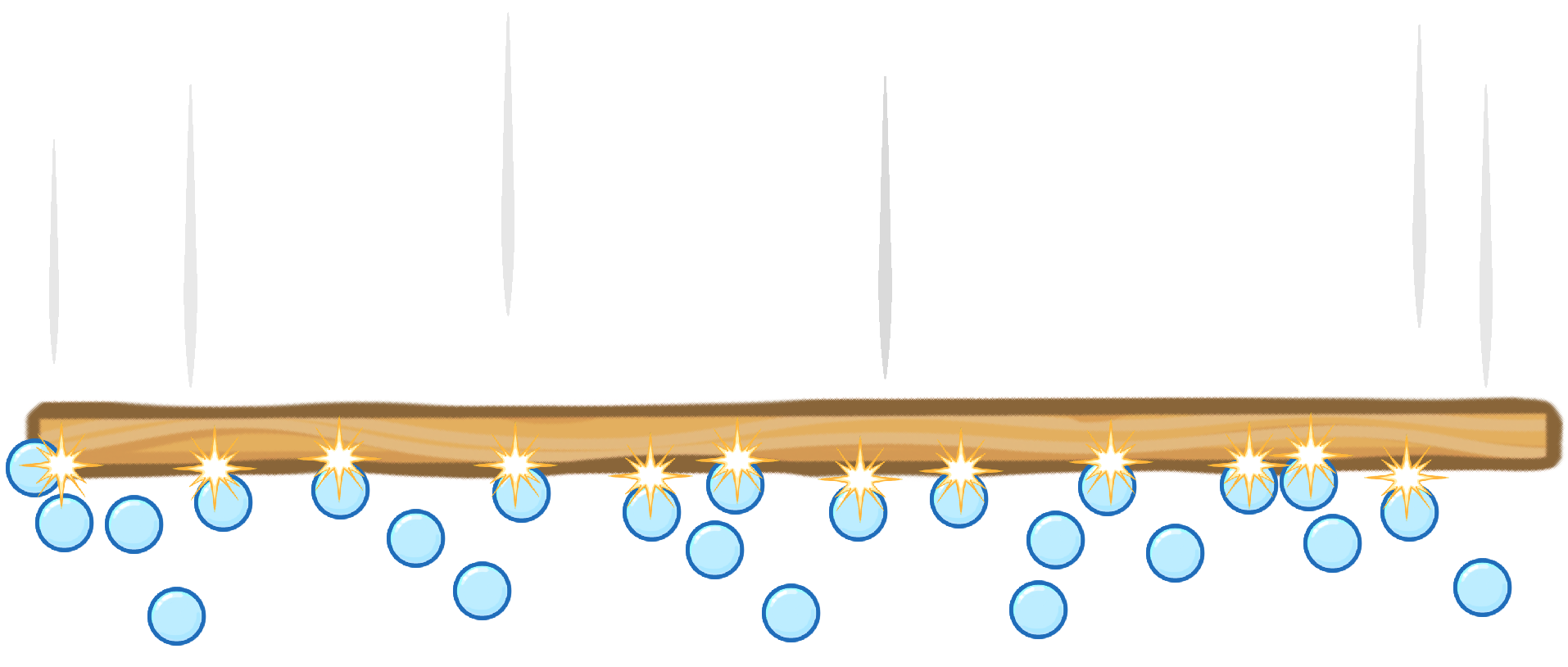Terminal Velocity
This lesson covers:
- Why falling objects reach 'terminal velocity'
The force that causes an object to fall towards the earth is:
Weight
Air resistance
The contact force
|
The size of the air resistance is dependent on the object's ______.
velocity and weight
weight and surface area
surface area and velocity
|

The force of air resistance is caused by the moving object colliding with particles in the air.
True
False
|
As the velocity of a falling object increases, the air resistance:
Increases
Decreases
Stays the same
|
We say an object has reached 'terminal velocity' when it is falling with a _________ velocity.
constant
decreasing
increasing
|
Terminal velocity is reached when:
(Select all that apply)
The air resistance is greater than the weight force
The resultant force is zero
The weight has the same magnitude as the air resistance
The velocity is zero
|
If a ball is dropped from a plane and has not yet reached terminal velocity, then the ball must be:
Accelerating
At constant velocity
Decelerating
Stationary
|